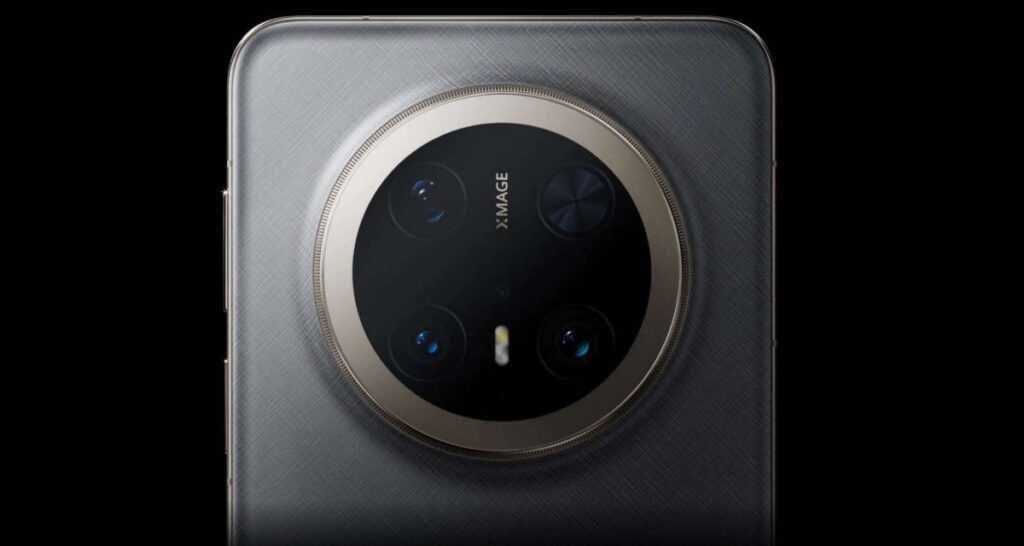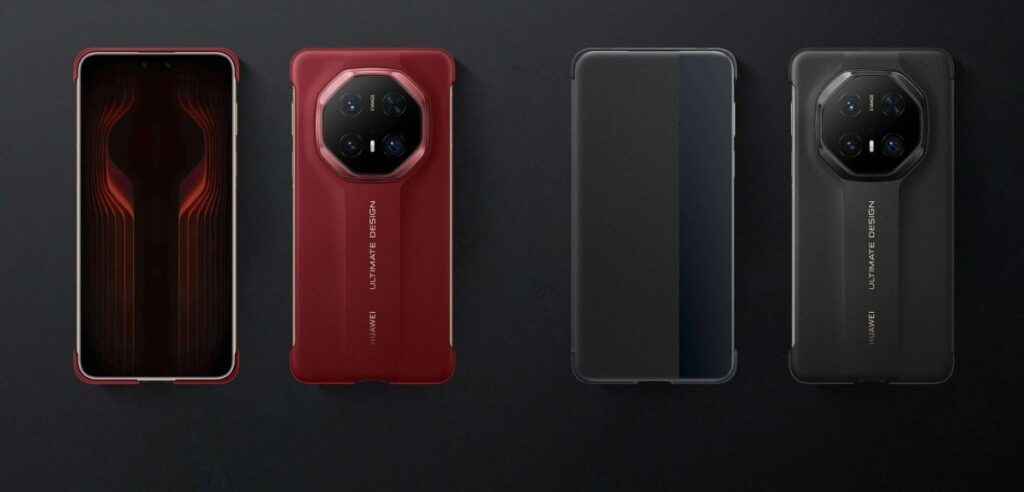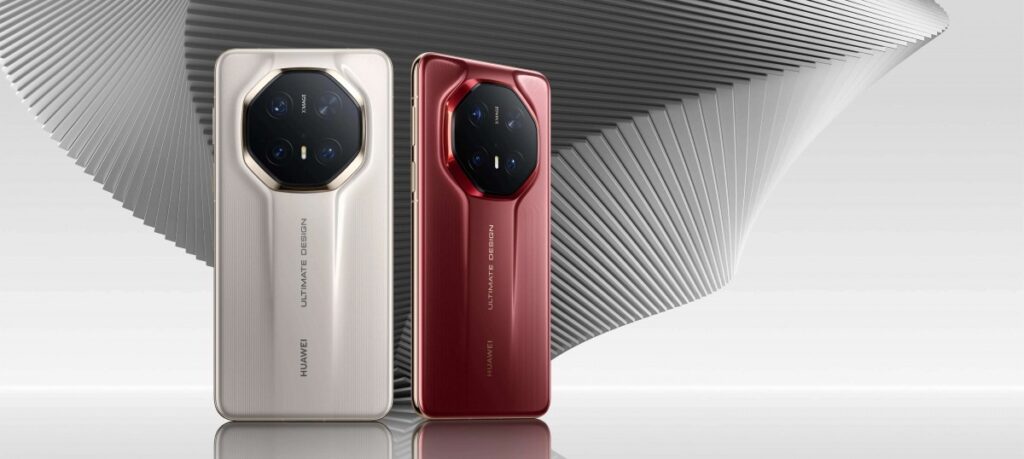Huawei has officially introduced the Mate 70 Pro+ and Mate 70 RS, the top models of its flagship Mate 70 series . Both devices are not only an improved version of the Mate 70 Pro, but also feature larger batteries, premium builds, and increased RAM.
The Mate 70 Pro+ comes with a mix of gold threads and brocade fiber on the back panel. Huawei says this durable nylon material is highly resistant to impacts. The device also has a light-reflecting texture on its surface that resembles rings of stars.
The device’s frame is made from a titanium alloy called “high-gloss basalt structure.” This material is not only resistant to scratches and drops, but also protects the device from water and dust with an IP69 certification.

The 6.9-inch LTPO 120Hz OLED display with a resolution of 2832×1316 pixels offers up to 2,500 nits of brightness and is protected by second-generation Kunlun Glass. There is a 3D facial recognition feature integrated into the display, while the fingerprint reader has been moved to the side of the device.
Inside the Mate 70 Pro +, Huawei is expected to use the Kirin 9100 chipset. According to rumors, this processor is produced with 6 nm production technology and consists of Cortex cores of different speeds. The device is equipped with 16 GB of RAM and a performance infrastructure supported by the Ark Engine.
The rear camera system includes a 50MP RYYB main sensor (f/1.4-f/4.0 variable aperture), a 40MP RYYB ultra-wide-angle lens, and a 48MP telephoto lens. The telephoto lens has 4x optical zoom and close-focus capabilities. On the front, there is a 13MP resolution selfie camera.

The Mate 70 RS takes its titanium frame a step further with a brighter display and improved glass. The device, which has the same screen size, can deliver up to 3,500 nits of brightness thanks to dual-layer OLED technology and is protected by “basalt tempered Kunlun glass.”

The Mate 70 RS shares similar specs to the 70 Pro+: a 5,700mAh battery, 16GB of RAM, 512GB or 1TB of storage, and a triple rear camera system. Both devices run HarmonyOS 4.3 and support Baidu satellite connectivity.
